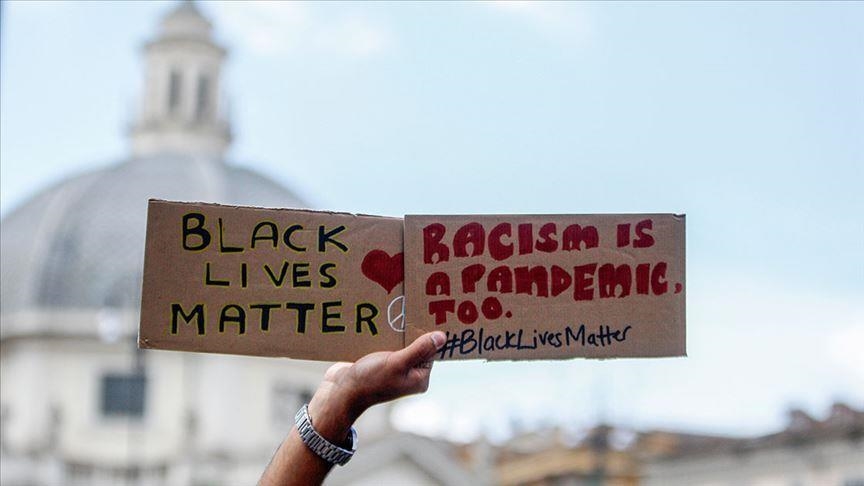US city to pay slavery reparations to Black residents
Black critics contend move not enough

WISCONSIN, US
A northern Illinois city has turned what used to be a fringe idea into reality: paying Black residents reparations to make up for the enslavement of their ancestors for hundreds of years.
The city council of Evanston, a liberal city of about 73,000 residents north of Chicago, voted 8 - 1 late Monday to approve using $10 million from taxes on legal marijuana sales to pay reparations. The money will be doled out during a 10-year period.
"It is, alone, not enough," City Council Alderman Robin Rue Simmons, who spearheaded the effort and is Black, said at a virtual council meeting. "We all know that the road to repair and justice in the Black community is going to be a generation of work."
The program starts modestly. About 16 Black families will be eligible to apply for housing grants of $25,000 each, money that will go toward things like home repairs, or paying mortgages.
To qualify, Black residents will have to prove they are the victims of housing discrimination or descended from anyone who lived in Evanston between 1919 and 1965.
Where to spend
The council first agreed to seriously look at the idea of reparations in 2019, and asked Black clergy and activists to join in figuring out how the program would work.
"You have to start somewhere," said Dr. Michael Nabors, Pastor of the Second Baptist Church in Evanston, who was part of discussions.
They agreed to start with housing. For decades in Evanston, as in many cities, there were by-laws and banking rules, written and unwritten, that were inherently racist and made home and business ownership extremely difficult for Blacks.
The term was "redlining."
William Royster, coaching children on a basketball court in the largely Black 5th Ward neighborhood, is another generational resident who could be in line for payments.
Even behind his facemask, it is obvious he is beaming.
"I think it's awesome, man. Over the years, a lot of people have moved out [of the neighborhood], so I think it's amazing that they're doing something to try to keep us here,” he told Anadolu Agency.
Standing outside his church, Nabors' voice rose as he recalled stories of Black residents who were trapped by redlining.
"This will NOT become a sleepy hamlet only for wealthy white privileged people, it's going to be a community that celebrates diversity, that celebrates inclusivity!," he added.
Fierce opposition from within
Black residents make up 16% of Evanston's population but they are not all on the same page about reparations.
In the past few weeks, a Black protest group formed, Evanston Rejects Racist Reparations, or E3R, and the lone city council vote against the reparations plan on Monday came from a Black council member.
The group contends that the plan is too modest, too paternalistic and too piecemeal in its approach -- it is simply housing grant money masquerading as "true" reparations -- and Black residents should get direct payments to let them decide how to spend it.
In fact, if demand for initial housing payments outstrips available money, Nabors admitted that Black families might have to rely on a lottery-style drawing.
Even as polls show only about one-in-five Americans favor using taxpayer funds to pay for reparations, E3R said the idea of a large federal government reparations program has been gaining steam, especially since racial un-rest across the US last summer.
And they say Evanston's move, which could serve as the model for reparations in other cities, takes the air out of that momentum.
"We want real reparations!," Kevin Brown shouted outside a medical marijuana dispensary earlier this month, at an E3R demonstration.
"Reparation is meant to close the racial wealth gap and that's what we want in Evanston. We don't want a program that is a fraud! We want reparations that's going to make a difference for Black people in Evanston!," he said.
Nabors showed a flash of frustration with E3R for coming in "at the last hour" on the debate, but then he got philosophical.
"The Black race is not monolith. We don't all think the same way, we don't all agree on the same issues, so to have this discussion is wonderful,” he told Anadolu Agency. “But I think this discussion should happen after we have this first step completed and we are moving on to deal with the next 96% of the $10 million over the next 10 years."
The council's decision, he said, was just the beginning of "a thousand-mile journey."


